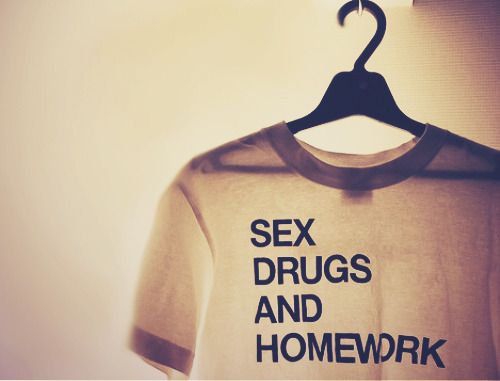
“Docs to Parents: Limit Kids’ Texts, Tweets, Online.” So reads one version of today’s reports on a new study published in the American Academy of Pediatrics Policy. I haven’t even read the study yet, and I’m skeptical. First, why are physicians the experts on this? Second, what research is this directive based upon? From the news story, I learned only that, according to the AAPP study, time online has been “linked with” such bad things as “violence, cyberbullying, school woes, obesity, a lack of sleep,” as well as “a host of other problems.” “Linked with?” Even the study’s lead author acknowledges in the first paragraphs of the article that online activities are “not a major cause of these troubles,” though he does cheekily say, “I guarantee you that if you have a 14-year-old boy and he has an Internet connect in his bedroom, he is looking at pornography.”
Some of the news pieces go on to quote the study’s authors: “Young people now spend more time with media than they do in school—it is the leading activity for children and teenagers other than sleeping.” That may be true—I believe it. But the kids are doing a lot of different things with this media—a not-insignificant amount of which, I think, is reading, research, and (gasp!) school work. These are, of course, empirical questions but my guess is that young people have a much better sense of how to utilize, engage, and manage the technologies and media than we give them credit for.
Now to be clear: I don’t disagree that parents need to help their kids understand technology and monitor the ways in which their children use it. However, I do wonder if the fright of WiFi is less about worrying over our kids than worrying over our own obsessions with devices and activities that we can’t quite control or contain.
Along those lines, there is a fascinating little review in the most recent New Yorker of a host of new research and books about the technologically-mediated environment that can overwhelm us and what we can do about it. Its title is “Only Disconnect: Two Cheers for Boredom.” A couple of years back I wrote a bit about boredom in the context of our hyper active, hyper mediated world. But here I just want to note how sociological all of this research and reflection is–about questions of activity and meaning as they are constituted in the built environments that we inhabit. Can it be any more sociological? No. And thus is it not surprising that the piece begins with a shout out to the German sociologist Georg Simmel’s classic piece “The Metropolis and Mental Life.”As always, assumptions tend to spring from our own experience—just the sort of trap that leaves us needed more research, more scientific analysis, and less public hand-wringing.

Comments 1
Friday Roundup: Nov. 1, 2013 » The Editors' Desk — November 1, 2013
[…] “Online and Doing Fine,” by Doug Hartmann. […]